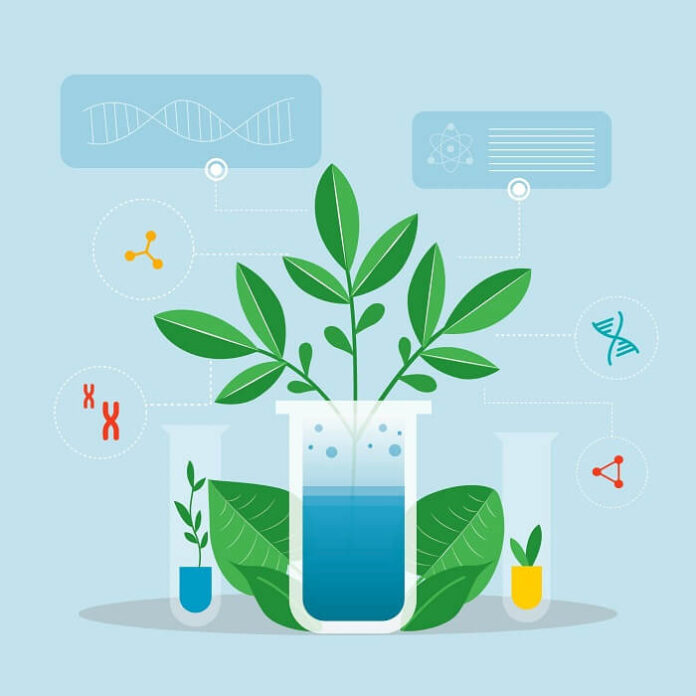A groundbreaking review published in the *Journal of Clinical Medicine*, supported by research from GreenMedInfo.com founder Sayer Ji, suggests that the future of cancer treatment may lie in nature’s own remedies. As conventional treatments struggle against treatment-resistant cancer cells, researchers are turning to plant-based compounds to potentially target the most resilient cancer cells.
The key to overcoming cancer’s resistance may be in targeting cancer stem cells (CSCs), which are notorious for their ability to self-renew, differentiate into various cancer cells, and resist traditional treatments. These cells are also capable of lying dormant, only to reactivate and cause a relapse. According to Ji, “CSCs are a pluripotent, heterogeneous population within tumors, contributing to the failure of conventional therapies and leading to disease relapse and metastasis.”
While chemotherapy and radiation may initially shrink tumors, they may also increase the ratio of CSCs to regular cancer cells, potentially making the cancer more aggressive. A study published in *Cancer* found that radiation treatment could make certain breast cancer cells up to 30 times more likely to form tumors, explaining why recurrence is common after initial treatment success.
As conventional treatments face challenges, researchers are exploring natural compounds with promising results in targeting CSCs. The *Journal of Clinical Medicine* review highlights several plant-based compounds:
- Curcumin (from turmeric): Known to reduce CSC populations and impair their self-renewal abilities.
- Resveratrol (found in grapes and berries): Shows potential in targeting breast cancer stem cells by impairing tumor growth and affecting key pathways.
- Sulforaphane (from broccoli sprouts): Demonstrated the ability to target and eliminate CSCs in various cancers.
- Quercetin (found in onions): Research suggests it can inhibit CSC self-renewal and reduce viability.
- Genistein (from soy and coffee): This isoflavone shows promise in enhancing the effects of conventional treatments and targeting CSCs.
These natural compounds operate through several mechanisms, including inhibiting self-renewal pathways, inducing cell death in CSCs, reducing stem-like properties, and making CSCs more vulnerable to standard cancer treatments.
Sayer Ji highlights the benefits of natural compounds over conventional therapies, citing their high safety margins, selective targeting of cancer cells while sparing healthy ones, and their ability to directly combat CSCs. Unlike many chemotherapy drugs, these natural compounds are much less toxic and may provide more sustainable, long-term solutions.
While the potential of natural compounds is clear, challenges remain in translating this research into clinical treatments. Issues like bioavailability, dosing, and delivery methods need to be addressed. However, some compounds, such as curcumin and resveratrol, are already being explored in clinical trials for various cancers.
The discovery of plant-based compounds that can target cancer stem cells could revolutionize cancer care. By combining traditional chemotherapy with these natural therapies, we may see more effective treatments with fewer side effects, improving outcomes and quality of life for cancer patients worldwide.
As Sayer Ji puts it, “If safety, effectiveness, accessibility, and affordability were the criteria for drug selection, natural compounds would become a key component of modern cancer care.” With continued research, innovative drug delivery, and clinical trials, the future of cancer treatment may well involve harnessing the power of nature’s pharmacy.























